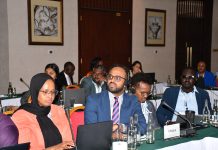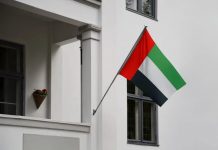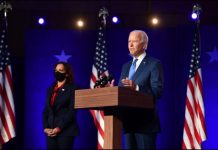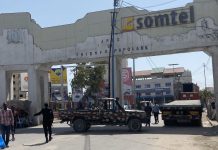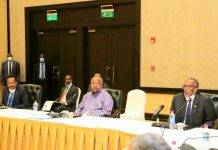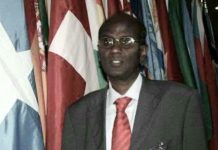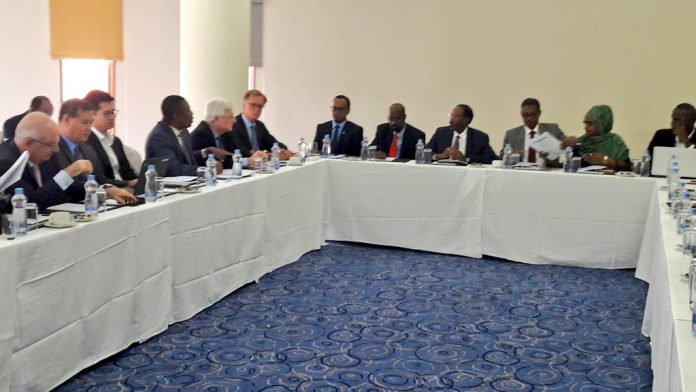Mogadishu (UM) – In a press statement, the IMF congratulated the Somali government on “building a good track record of policy and reform implementation” in a challenging economic, political and security environment. This comes after the conclusion of a week long review of the Staff Monitored Program performance to date by an IMF Mission in Nairobi. The Mission was led by Somalia’s Minister of Finance, Abdirahman Duale Beileh who also informed the BBC in an interview that he felt the Mission had gone well and that the international community’s response to Somalia’s efforts has been positive.
The IMF Mission Chief, Mohamed ElHage, is quoted in the statement as saying: “The authorities commitment to implement the reform measures under the Staff Monitored Program remains strong.” This is clearly an endorsement of the efforts of the entire government agencies involved, including the Central Bank of Somalia, led by the Ministry of Finance.
The praise from the IMF for the progress on the SMP was full of quiet confidence and cautious optimism as it also addressed the need to tackle the challenges of weak security and environmental shocks. They also advised that the Somali authorities proceed to complete preparatory work for the currency printing. Furthermore, the IMF encouraged the Ministry of Finance to continue to collect domestic revenue effectively and ensure pledged grants from donors materialise. The statement makes clear that “The third SMP will continue to lay the foundation so that Somalia obtains debt relief under the Heavily Indebted Poor Country Initiative (HIPC) as soon as feasible once established benchmarks are met.”
While the success of the SMP midterm review and the positive assessment by the IMF is welcome, it must be read with caution. This is because the economy the IMF claim is growing is still mainly in the black market and unregulated. Despite the huge effort of the Ministry of Finance to collect domestic revenue, the fiscal projection for next year is still under $300 million for the whole year as the main sources of income remain the Mogadishu port and airport. These two will not sustain the needs of the whole nation and federal member states still seem either too weak or unwilling to contribute their fair share to the national budget.
The IMF SMP is sometimes misunderstood by the Somali government and people to simply mean debt relief. It is not. Debt relief is a possible and likely outcome of the SMP success in March of next year but this is not guaranteed. To obtain debt relief, the fiscal and monetary policies of the country must be jointly ready to accommodate it which they are not at present. Debt relief also needs a big diplomatic push and the Ministry of Foreign Affairs and its Embassies must reform to undertake this important national priority. The Prime Minister screaming about debt relief at the international community and visiting the Ministry of Finance and Port as regularly as he does is also not enough. What is needed is continued fiscal discipline, further domestic revenue from inland sources, further transparency and accountability, and support for the line Ministries and agencies that are directly leading on the implementation of the SMP.
The printing of the national currency is an emotive matter for the whole nation and finally both the IMF and World Bank support it. Only trouble is printing money needs money, around $41 million US Dollars. While the Somali government works hard to try to raise this from donors, it must ask the Federal member states to stop printing the fake shillings and strengthen the monetary policy needed to support the new currency. Somalia needs a new currency to correct the expensive dollarised economy but emotional argument alone will not make this happen.
For today, the Somali government can celebrate the successful outcome of the IMF SMP midterm review. But there should be no parties because there is still a long way to go.


